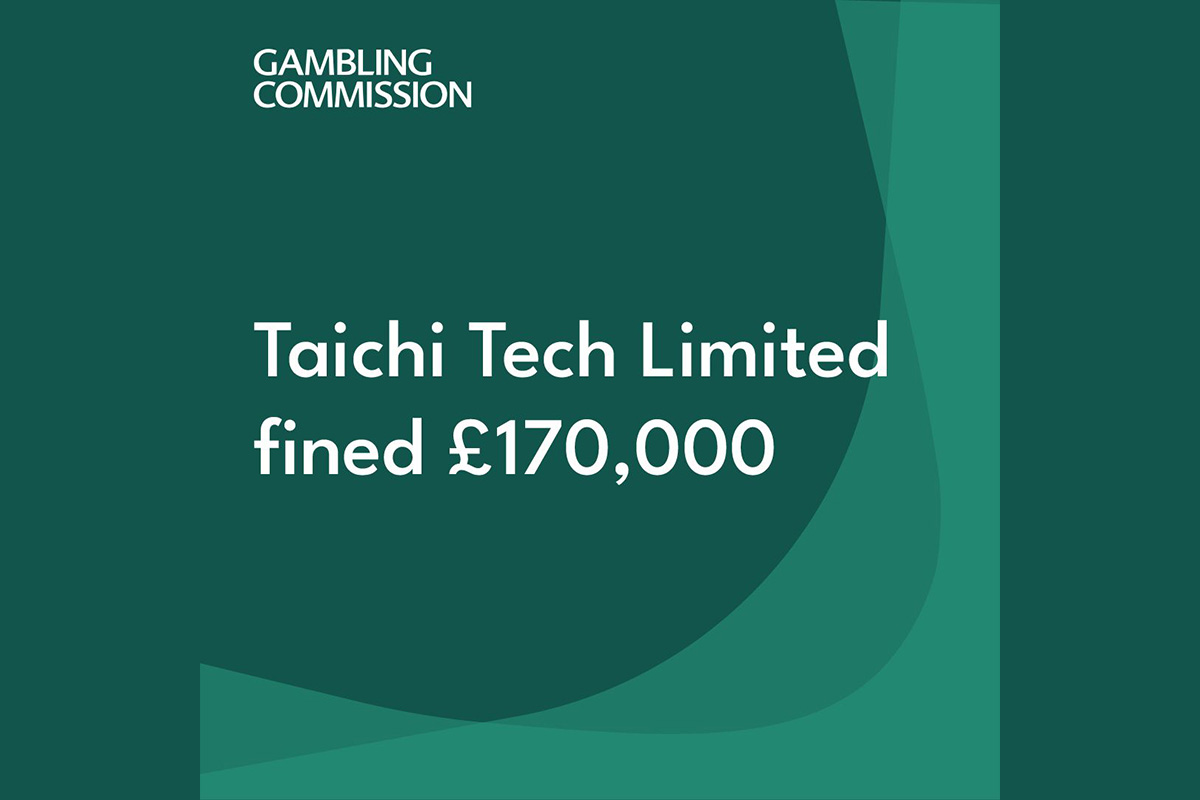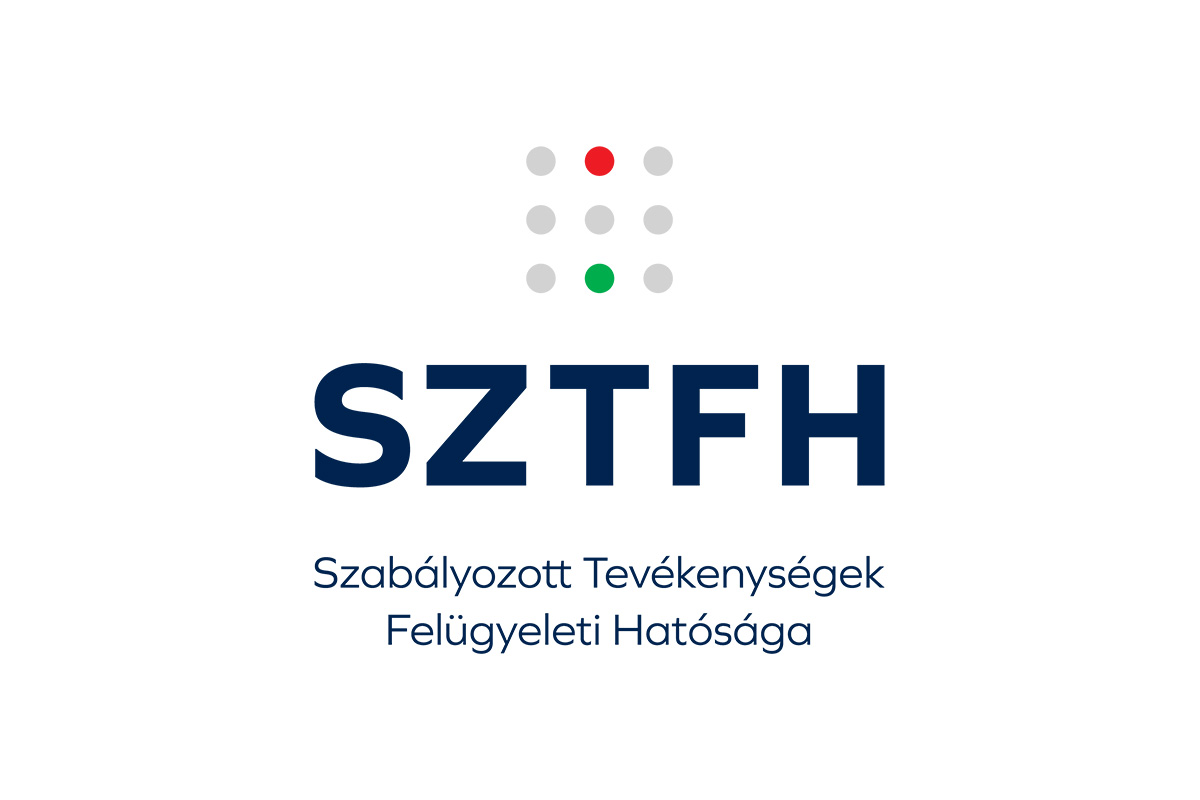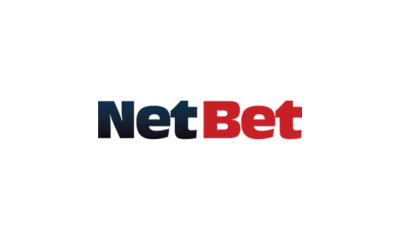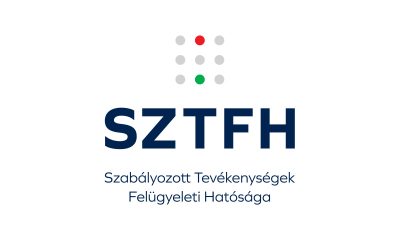Compliance Updates
Bet on Compliance: Navigating the Stakes with the UK’s Affordability Checks

By Isabelle Zanzer, Senior Regulatory Compliance Specialist at ComplianceOne Group
Feeling like the deck is stacked against you with all these talks of financial checks in gambling? Wondering if this new game plan will leave your privacy on a losing streak? If so, no need to bet on uncertainty anymore. We’re here to deal you in on the UK’s latest gamble towards responsible betting. Let’s shuffle through the details and lay our cards on the table, as we make sure you’re holding a winning hand in understanding what’s in play. Ready to roll the dice and dive in? Follow me.
On July 26, 2023, the UK Gambling Commission launched consultations on proposed reforms in the Gambling White Paper, focusing on areas like direct marketing, age verification, game design, and financial risk checks. This article delves into the latter, highlighting new financial vulnerability and risk assessments to safeguard customers.
The UK’s consultation introduces two checks for gambling: light-touch financial vulnerability checks and detailed financial risk assessments. The first tier of checks is designed to identify financial vulnerabilities such as bankruptcy orders or significant debts, using publicly available data. The second tier involves enhanced financial risk assessments triggered by significant losses, requiring more comprehensive scrutiny of a customer’s financial situation.
Thus, in simple terms, what is going to happen at the heart of the UKGC’s new measures are two-tiered affordability checks designed to assess the financial vulnerability and risk of consumers engaging in online gambling. The first tier involves unintrusive checks that will be triggered when a customer reaches a specified net loss within a rolling period, using publicly available data to identify potential financial vulnerabilities. To dive a little deeper, this check will be conducted if a customer either has net losses of £125 in a rolling 30 days or £500 within a rolling 365 days. It would need to include “at a minimum a customer-specific public record information check for significant indicators of potential financial vulnerability”, including whether the customer is subject to things such as a bankruptcy order, county court judgment, or individual voluntary arrangement. Net loss would be defined as loss of deposited monies with an operator, not counting restacked winnings or bonus funds.
The second tier represents a more detailed assessment of financial risk, which is activated at higher loss thresholds. A comprehensive financial review is required for gamblers with significant losses, examining their financial data including credit status and spending. If third-party data is unavailable, operators may directly seek customer consent for access, ensuring a thorough understanding of financial health.
The gambling industry’s reception of these checks has been cautiously optimistic, particularly regarding the initial, less invasive tier. However, the prospect of more detailed financial assessments has sparked debate, not only among operators but also among consumers wary of privacy infringement.
As the UK gambling sector adapts to these new regulations, the challenge will be to strike an optimal balance between safeguarding consumers and maintaining the operational viability of gambling platforms. The pilot study represents a critical step in this process, offering valuable insights into the practical implications of affordability checks and the potential need for adjustments in response to industry feedback and consumer concerns.
The outcome of the pilot study and subsequent parliamentary debates are pivotal in shaping the future of affordability checks in the UK gambling sector. As operators, regulators, and consumers navigate these changes, the overarching goal remains clear: to foster a safer, more responsible gambling environment that protects consumers from financial harm while ensuring the industry’s sustainable growth.
Striking the right balance in the new UK gambling regulations is like walking a tightrope. With the introduction of light-touch and in-depth financial risk assessments, operators may face the challenge of protecting players without overstepping into their privacy. These two-tiered checks aim to shield those at risk, using both public data and deeper financial insights.
The key here for operators will be to navigate these waters carefully, ensuring player safety while keeping the game fair and enjoyable. Now, when trying to find a balancing act, we need to consider the following:
- Regulatory Compliance Risk: Reviewing the existing practices against the UKGC’s affordability check guidelines, identifying discrepancies, and recommending changes to align with the new regulations.
- Data Privacy and Security Risk: Evaluating the ability to handle and protect sensitive financial data in line with GDPR and other data protection laws.
- Operational Risk: Assessing the impact of the new checks on daily operations and customer interactions.
- Financial Risk: Analysing the potential financial implications of the affordability checks on revenue and customer base.
- Reputational Risk: Considering the public and customer perception of the affordability checks, especially regarding privacy concerns, the key here, like in all relationships, is communication. For example, it is estimated that just the very highest spending 3 percent of accounts would undergo financial risk assessments. Most financial risk assessments – at least 80 percent – would be carried out through credit reference agencies. The checks are expected to be frictionless and not interrupt the customer journey unless concerns are raised. It is estimated that a further 10 percent of risk assessments will be done through limited data-sharing through third-party open-source banking, which is similarly straightforward from a customer perspective.
Finding this balance involves a tailored approach as one offered by ComplianceOne group, whereby operators can personalize checks based on individual player profiles, ensuring those at higher risk receive the attention they need while others continue to enjoy their play with minimal interruption. It’s about creating a safety net that catches those in need without trapping everyone else in unnecessary checks. The key to a winning strategy is the execute this balance, and understanding what is at stake: Reputation, Sustainability and Trust.
The post Bet on Compliance: Navigating the Stakes with the UK’s Affordability Checks appeared first on European Gaming Industry News.
Compliance Updates
Taichi Tech Limited Fined £170,000 for Unfair Terms and Conditions

An online gambling business has been fined £170,000 by the UK Gambling Commission (UKGC) for regulatory failures including the use of unfair terms and conditions.
Taichi Tech Limited – trading as Fafabet – will also have to undergo a third-party audit to ensure it is effectively implementing its anti-money laundering and safer gambling policies, procedures and controls.
A Commission investigation revealed Taichi Tech Limited had stated that: “Fafabet have the right at their own discretion to close accounts or forfeit winnings” within their bonus terms for new casino promotions.
The Gambling Commission’s investigation concluded that Taichi Tech Limited breached the fair and open licensing condition by including a discretionary term allowing the operator to close customer accounts or forfeit winnings without clear justification. Such terms lack transparency and may lead to unfair outcomes for consumers.
The Consumer Rights Act 2015 (CRA) is the general consumer protection legislation, and it is explicitly referenced within the Licence Conditions and Codes of Practice (LCCP) that gambling companies must follow. The LCCP requires licensees to ensure that their terms and practices are fair, clear, and do not breach consumer protection law. Operators must therefore have regard to the CRA as part of their overall compliance obligations under the LCCP.
The investigation also found failures relating to anti-money laundering and social responsibility breaches.
Examples included:
• some customers were able to gamble large sums within a short period of time, despite the operator holding limited customer information
• in certain cases, individuals exhibiting potential markers of harm — such as high-velocity spending over short periods — received insufficient customer interaction from the operator
• where safer gambling emails were sent but not acknowledged by the customer and concerning behaviour continued, there was no further follow-up or intervention by the operator.
John Pierce, Director of Enforcement and Intelligence at the Gambling Commission, said: “We expect all operators — regardless of their size or customer base — to comply with consumer protection legislation and ensure their terms and conditions meet regulatory standards.
“Licensed operators must ensure their terms are clear, fair, and transparent, so customers fully understand what to expect.”
He added that the Commission’s assessment identified deficiencies in the operator’s social responsibility and anti-money laundering controls, including failures to effectively manage risk and implement adequate consumer protection measures.
The operator has acknowledged that it previously fell short of the standards expected by the Commission and has since taken steps to address these shortcomings. As part of the regulatory outcome, the operator is required to commission an independent third-party audit to provide assurance of ongoing compliance with all relevant regulatory requirements.
The post Taichi Tech Limited Fined £170,000 for Unfair Terms and Conditions appeared first on European Gaming Industry News.
Central Europe
Turnover of Legal Gambling Market in Hungary Increases

The Regulated Activities Supervisory Authority (SZTFH) has announced that the turnover of the legal gambling market in Hungary has increased.
The SZTFH and its predecessor have been blocking illegal gambling websites since 2014, preventing them from being accessible to Hungarian players. Thanks to the more than two thousand blockings ordered so far in 2024 and 2025, the traffic and turnover of the legal market is sharply increasing compared to the total market, which can be considered a significant improvement compared to the illegal market presence in previous years.
One of the main goals of the SZTFH is to take action against websites offering illegal online gambling that are not licensed in Hungary and the prohibited advertising sites that promote them, and to whitewash the Hungarian online gambling market. In the past two years, several legislative changes have come into force that have resulted in the acceleration and extension of the blocking procedure to advertising and contributing sites, and have created the opportunity to track and immediately block illegal sites that are constantly jumping to new domain names every day in order to evade the authority’s measures. Thanks to the change in the legal environment and the intensive action of the Authority, the number of visits to illegal gambling sites has now decreased significantly.
In the case of services offered by organisers who are not licensed to organise gambling in Hungary, the Authority has no possibility to oblige the gambling organiser to comply with the guarantee rules protecting the interests of the players, and the claim for the payment of the prize cannot be enforced before a Hungarian court. Gambling organisers who are not licensed by the Authority also violate the interests of the Hungarian State in the economic activity of organising and operating gambling. In addition to the above, by not joining the player protection register kept by the Authority, which prevents players who have been excluded from gambling voluntarily or by a court from participating in gambling, they also constitute an obstacle to the effective enforcement of goals related to player protection.
The SZTFH is committed to the elimination of illegal gambling and the whitening and increasing the competitiveness of the Hungarian gambling market in order to protect the interests of Hungarian players, and therefore will continue its intensive blocking activities with great effort and the use of innovative solutions in the future. Players can find out about the gambling organizers licensed in Hungary and the illegal sites blocked by the Authority on the Authority’s website.
The post Turnover of Legal Gambling Market in Hungary Increases appeared first on European Gaming Industry News.
Compliance Updates
MGA Signs MoU with MFSA

The Malta Gaming Authority (MGA) had signed a Memorandum of Understanding (MoU) with the Malta Financial Services Authority (MFSA) to enhance the collaboration and reinforcing the long-standing relationship between the two regulatory bodies.
This agreement complements an existing multi-party MoU between the Sanctions Monitoring Board (SMB), the Financial Intelligence Analysis Unit (FIAU), the MFSA and the MGA, which remains in force and governs cooperation in areas related to anti-money laundering, the financing of terrorism and the proliferation of weapons of mass destruction.
While the multi-party MoU continues to provide a robust basis for coordination in these specific areas, the MGA and the MFSA identified the need for a separate bilateral agreement to govern their broader relationship. The newly signed MoU sets out a structure for closer cooperation in areas of mutual regulatory interest, with the aim of supporting each authority in the effective discharge of its respective functions.
In addition, the MoU includes provisions relating to training and education, with the aim of equipping both authorities with the necessary skills and knowledge in areas where there may be regulatory overlap. This commitment to capacity building is intended to strengthen institutional competencies and support the overall effectiveness of the respective regulatory frameworks.
MGA CEO Charles Mizzi said: “This agreement marks another step forward in our commitment to strengthening inter-agency collaboration. The relationship between the MGA and the MFSA is an important one, and through this MoU we are not only enhancing the exchange of information but also fostering a shared commitment to high regulatory standards and professional development.”
MFSA CEO Kenneth Farrugia said: “The MoU that the MFSA entered into with the MGA is a reflection of our commitment and dedicated efforts to strengthen ties with other local authorities, as we continue to recognise the value of inter-institutional collaboration. This agreement enhances our mutual cooperation on due diligence and enforcement, which is essential in view of the similar players in the respective industries that we regulate and serve. The MoU itself goes beyond the exchange of good practice and intelligence, as it also focuses on the upskilling of our supervisors who are instrumental to the daily operations of both authorities.”
The post MGA Signs MoU with MFSA appeared first on European Gaming Industry News.
-

 AGCO7 days ago
AGCO7 days agoAGCO Fines Great Canadian Casino Resort Toronto $350,000 for Serious Regulatory Violations Linked to Impromptu After-Party on Gaming Floor
-

 Africa7 days ago
Africa7 days agoALA Hosted Seminar on Artificial Intelligence and Cybersecurity
-

 Canada7 days ago
Canada7 days agoIGT and Atlantic Lottery Sign Eight-Year Video Lottery Central System Technology Agreement
-

 Africa6 days ago
Africa6 days agoDRC Signs MoU for Public-Private Partnership with Burundi’s East African General Trade Company
-

 First7 days ago
First7 days agoFIRST and Genius Sports Extend Landmark Data Partnership, Powering Continued Growth
-

 Latest News7 days ago
Latest News7 days agoUnlock Top-Tier Deals and Careers: Parimatch joins iGB L!VE 2025
-

 Blokotech7 days ago
Blokotech7 days agoBlokotech unveils Cristian Tonanti as new Casino Partnership Manager
-

 Brazil7 days ago
Brazil7 days agoEsportes da Sorte holds forum on “Integrity in Sports” with Ceará and Náutico






























